The dark web has long been seen as the skeevy underbelly of the Internet where users can buy illegal drugs, steal people’s credit card information, and hire someone to “off” their neighbor. In reality, the dark web isn’t nearly as sinister. Instead, it’s a vast network of mostly legitimate websites that can only be accessed with a Tor browser.
Tor, which is an acronym for “The Onion Router,” lets you access the dark web anonymously by concealing your location and encrypting your private information. Many big-name sites, including Facebook, are now hosted on Tor to give their users more secure and private access.
Until last week, Tor sites had few security measures. But thanks to a new decision by Internet regulators, domains used within the Tor network will now be recognized as “Special Use Domains,” giving these sites more security and anonymity.
The Not-Quite-So-Dark Web
Before explaining what the dark web is, it’s important first to explain how it works. The dark web is a term used to refer to anything on the Internet hidden from traditional Web browsers like Safari, Chrome, and Firefox
These hidden sites usually contain sensitive information and turn URLs into strings of random numbers and letters that end in .onion to encrypt the sites.
While a dark side of the network does exist, the dark web is mostly made up of whistleblowing and privacy sites.

One Small Step for Man, One Giant Leap for Internet Security
The Internet Assigned Numbers Authority (IANA) and the Engineering Task Force (IETF) now consider .onion websites as “special use domains,” allowing Tor site owners to add SSL and TLS certificates to their websites to enhance their security.
Richard Barnes, security lead at Mozilla, spoke about the new changes in an interview with Motherboard:
This enables the Tor .onion ecosystem to benefit from the same level of security you can get in the rest of the web. It adds a layer of security on top.
Why Now?
If the dark web has been around since 2002, why is it only now receiving security certificates? In a recent TEDTalk, social media analyst Jaime Bartlett discussed the growing popularity of the dark web. According to Bartlett, Tor now has 2.5 million unique users a day, thanks in large part to the Snowden revelations. Many of the users are just ordinary people who want to maintain their privacy on the Internet.
The dark net is no longer a den for dealers and a hideout for whistleblowers. It’s already going mainstream. – Jaime Bartlett
What This Means for the Future
The new special domain status will hopefully open the discussion for future security certificates and better encryption mechanisms on private networks. But more than that, it gives legitimate recognition to Tor sites, which until now have vastly been ignored or written off as sordid.
It’s a small step, but the right one.
Featured image: dk_photo / Dollar Photo Club
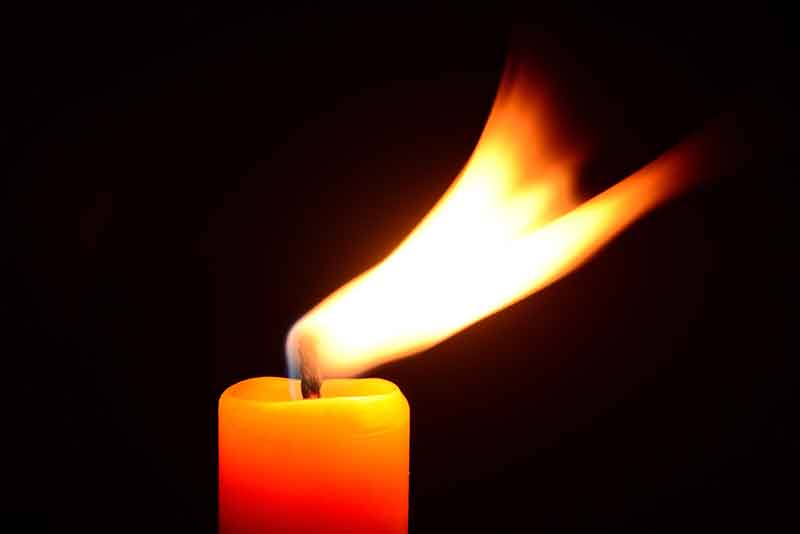
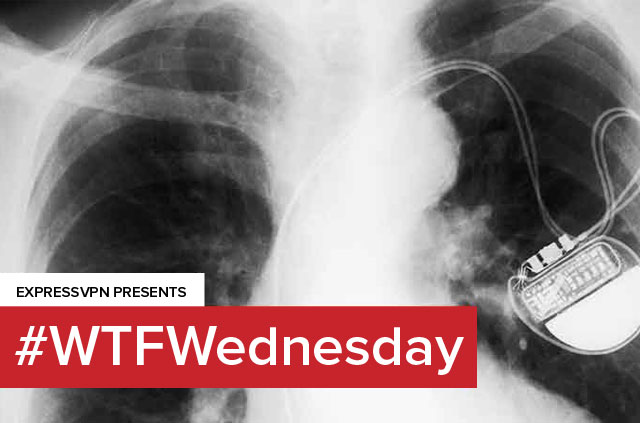


















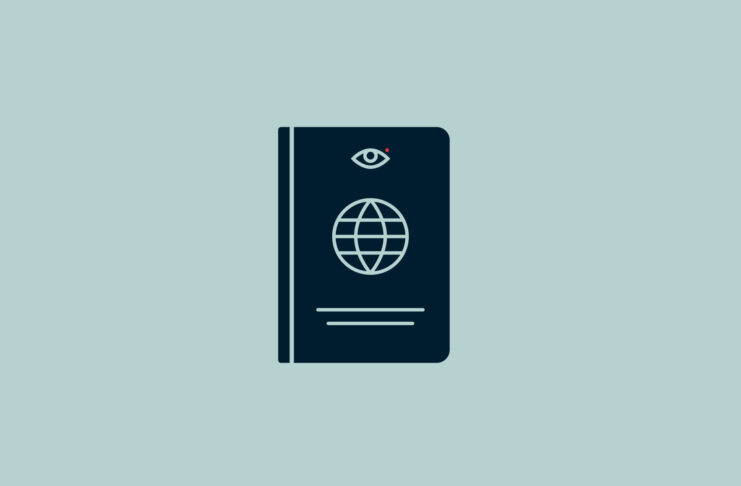

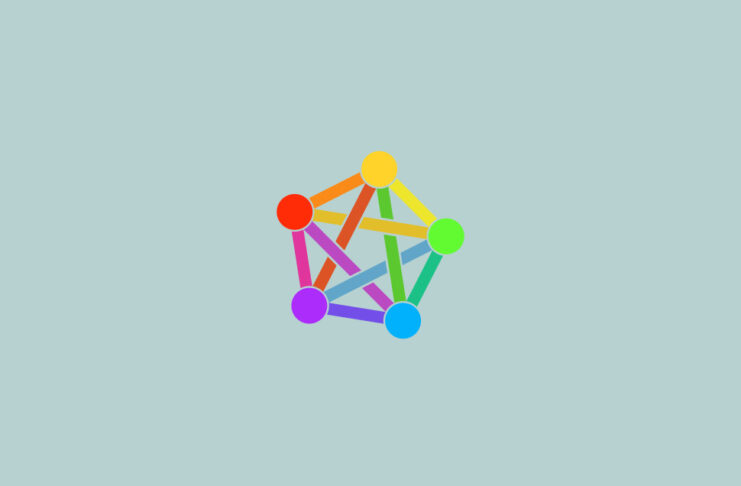
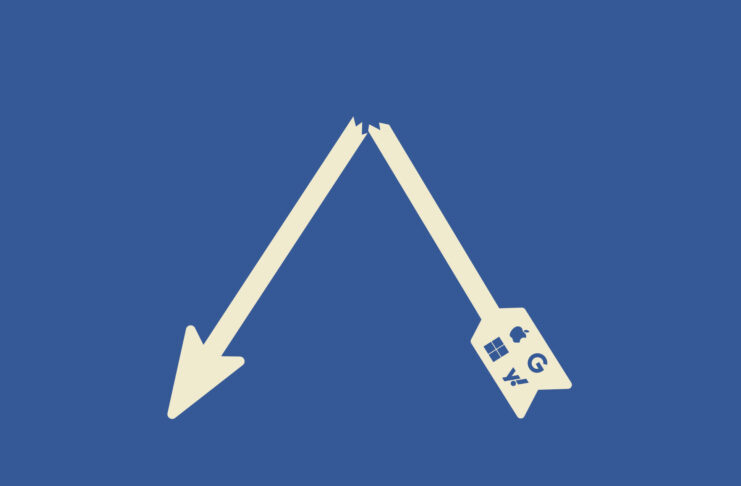




Comments
I remember a warning on Express VPN about a law that Republicans sought to pass to gain control and access over the Dark Web. The only thing I desire from the internet these days is free access to uncensored information. I was born in a free country where diverse information was encouraged at one time. Now it is impossible to find anything the powers that be have not reviewed for appropriateness. I resent this. It is getting to the point where I am enraged by it. I am a very intelligent woman who knows how to think for herself–and very much wants to. That is getting more impossible by the day. It is my business what I believe. And I cant know what’s true if I only get what is fed to me. I hope to God that is not the case here with great regulation and security. I don’t buy that it is good. I hope I am wrong as I have been looking very forward to freedom of information again.
I want toin dark wep
I can do
Hi I’m karan
I want to buy us credit card details
Can help you out
I DONT HAVE IT
I like the web
Hi
I want to join u but am living in South Africa